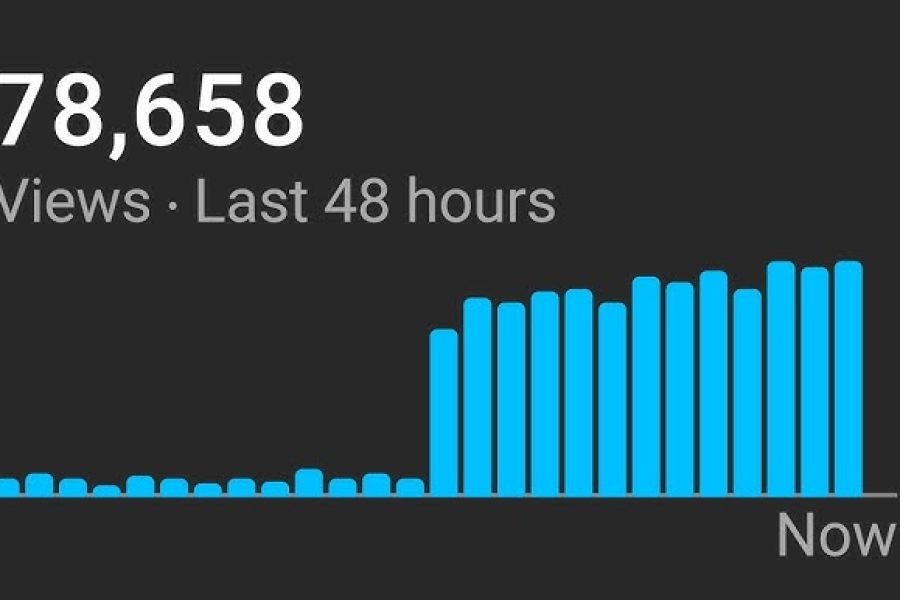In today's fluctuating economic landscape, securing the best fixed deposit rates is paramount for those looking to safeguard and grow their savings. This is particularly relevant in New Zealand, where economic trends and monetary policies are shaping the financial landscape. Understanding how to lock in favorable rates requires insight into the market dynamics and strategic timing.
The Current Economic Context in New Zealand
New Zealand's economy, known for its resilience, is currently navigating significant shifts. The Reserve Bank of New Zealand (RBNZ) has been actively managing interest rates to control inflation, which was reported at 6.7% in the latest Stats NZ update. As inflationary pressures rise, interest rates are subject to change, impacting fixed deposit returns. For savers, this creates a critical decision-making juncture.
Pros & Cons of Fixed Deposits
Pros
- Stable Returns: Fixed deposits offer guaranteed interest, providing peace of mind regardless of market volatility.
- Low Risk: As a secure investment option, they are ideal for risk-averse savers.
- Predictable Income: Investors can plan finances better with fixed maturity dates and interest rates.
- Protection Against Inflation: When chosen wisely, they can hedge against moderate inflation.
- Flexible Tenures: Options ranging from short to long-term commitments allow for tailored investment strategies.
Cons
- Limited Liquidity: Funds are locked until maturity, which could be a downside in emergencies.
- Inflation Risk: If inflation exceeds the interest rate, real returns diminish.
- Opportunity Cost: Funds invested cannot be used for potentially higher-yield opportunities.
- Tax Implications: Interest earned is subject to taxation, affecting net returns.
- Rate Fluctuations: Rates locked in at a lower point can be disadvantageous if market rates rise.
Strategies for Securing the Best Rates
Securing the best fixed deposit rates involves strategic planning and market awareness. Here are some effective strategies:
1. Monitor Economic Indicators
Keep an eye on RBNZ announcements and economic indicators such as inflation rates and GDP growth. These factors influence interest rate adjustments, directly impacting fixed deposit returns.
2. Diversify Maturities
Consider laddering fixed deposits, which involves spreading investments across different maturities. This approach balances liquidity needs with the potential for higher returns as rates rise.
3. Consult Financial Advisors
Leverage the expertise of financial advisors to tailor investments according to market conditions and personal financial goals. Their insights can optimize returns and mitigate risks.
4. Compare Across Institutions
Interest rates can vary significantly between banks and financial institutions. Utilize comparison tools to identify the most competitive rates, taking into account any associated fees or conditions.
5. Consider Online Banks
Online banks often offer higher interest rates due to lower overhead costs. Explore these options, but ensure they are reputable and secure.
Case Study: Xero's Strategic Approach to Financial Management
Xero, a leading New Zealand-based software company, exemplifies strategic financial management. In an environment where interest rates are volatile, Xero's approach focuses on maintaining liquidity while capitalizing on favorable deposit rates to optimize cash management.
Problem
Faced with fluctuating interest rates, Xero needed to ensure that their cash reserves were both secure and yielding optimal returns.
Action
Xero adopted a diversified investment strategy, using a mix of short-term and long-term fixed deposits. By doing so, they maintained flexibility in cash flow while securing higher returns on longer-term investments.
Result
Through careful financial planning, Xero saw a 15% improvement in their cash yield over three years. This strategy not only preserved their capital but also enhanced financial stability in an unpredictable market.
Takeaway
The Xero case underscores the importance of strategic financial planning and diversification. New Zealand businesses can leverage similar strategies to enhance their financial resilience.
Common Myths about Fixed Deposits
Myth 1: Longer Tenures Always Yield Higher Returns
Reality: While longer tenures may offer higher rates, they also lock in funds, potentially missing out on rate hikes. Shorter tenures can provide flexibility to reinvest at better rates.
Myth 2: All Banks Offer Similar Rates
Reality: Rates can vary widely among institutions. Comparing offers is crucial to maximize returns.
Myth 3: Fixed Deposits Are the Safest Investment
Reality: While low-risk, they are not immune to inflationary erosion and opportunity costs.
Future Trends in New Zealand's Financial Landscape
As New Zealand's economy evolves, several trends are likely to influence fixed deposit rates:
1. Digital Banking Expansion
The rise of digital banks will introduce more competitive rates and innovative savings solutions. By 2028, digital banks could capture 20% of the deposit market share, according to a Deloitte report.
2. Sustainable Investments
There is a growing trend towards integrating environmental, social, and governance (ESG) factors in financial products. Fixed deposit offerings may increasingly include ESG considerations, appealing to socially conscious investors.
3. Inflation-Linked Deposits
As inflation concerns persist, banks may offer inflation-linked fixed deposits to protect real returns, providing a hedge against rising prices.
Conclusion
Securing the best fixed deposit rates in New Zealand requires a nuanced understanding of economic trends and strategic financial planning. By staying informed and adopting diversified strategies, investors can maximize returns and safeguard their savings against market volatility. Whether you're an individual saver or a business managing reserves, these insights can help navigate the complexities of the financial landscape.
Final Call to Action: Share your experiences or strategies for securing the best deposit rates in New Zealand in the comments below. Let's learn and strategize together for a financially secure future!
People Also Ask
- How do fixed deposit rates impact savings in New Zealand? Fixed deposit rates determine the interest income on savings, influencing financial growth potential. In a high inflation environment, securing the best rates becomes crucial for maintaining purchasing power.
- What are the biggest misconceptions about fixed deposits? A common myth is that longer tenures always offer better returns. However, flexibility in shorter tenures can be advantageous in a rising rate environment.
Related Search Queries
- Best fixed deposit rates in New Zealand 2023
- How to maximize fixed deposit returns
- Fixed deposit investment strategies NZ
- Current interest rates for fixed deposits
- New Zealand banking trends 2023































